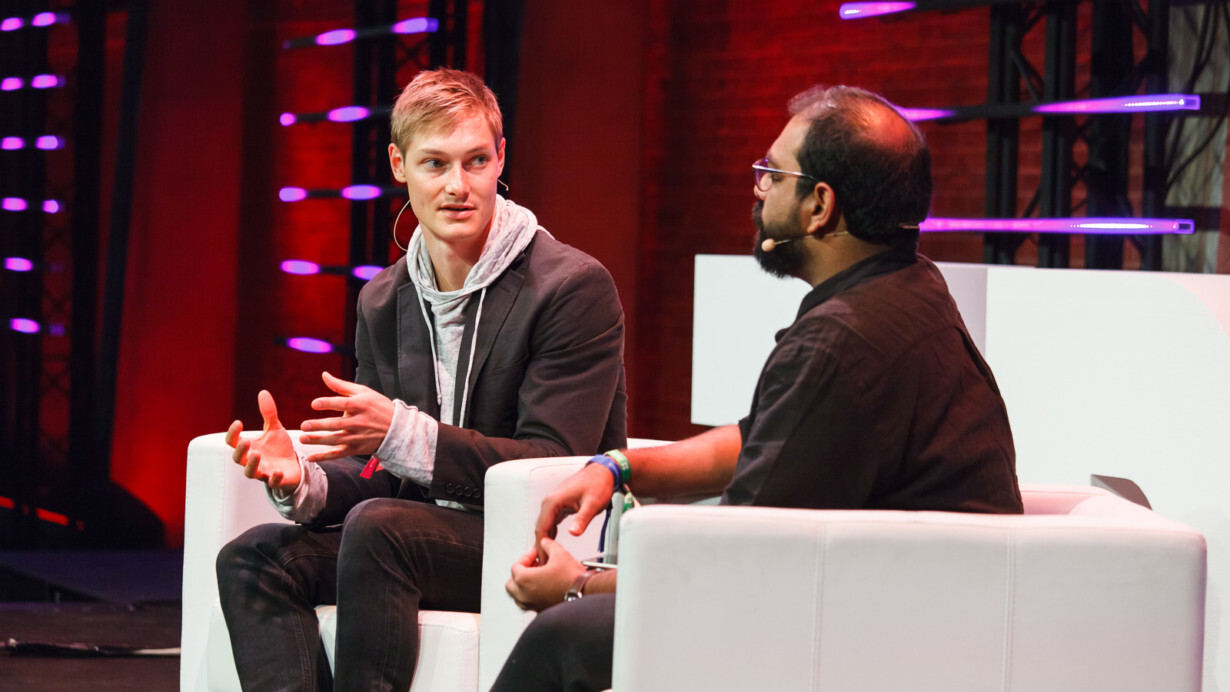
Sales of tablet computers are in a death spiral. It seems the novelty of the devices has long expired, and people have realized that if you want to do something other than watch Netflix, they aren’t especially useful.
But then again, maybe not. I just got back from TNW Conference, in the gorgeous splendor of Amsterdam’s Westergasfabriek. The two day event featured an impressive lineup of international speakers, including Kevin Rose, Ryan Hoover, David Karp, and other tech luminaries.
One of my tasks while at the conference was to interview Alexander Klöping, CEO and founder of Dutch media startup Blendle. The evening beforehand, I secluded myself in a bar close to my hotel, and typed up a long list of questions I wanted to ask him. It’s not every day you get to pick the brains of the guy with the most promising replacement for the advertising business model for journalism.
This brought me to a dilemma. How would I reference them on stage?
I could have just kept a copy on my BlackBerry. But if I sat on stage, scrolling through my phone, wouldn’t that look exceptionally rude? Almost as if whatever was happening on my Facebook was more interesting than the person sat next to me on stage.
Printing my notes wasn’t an option. I didn’t have access to a printer at the time, and even if I did, there was no guarantee the lighting would be set up so I could actually read them.
After a bit of thought, I decided to upload my notes to Google Docs and save a copy on my tablet — a Xiaomi MiPad 3, which by the way, is excellent. Every question was easily legible on the tablet’s 7.9-inch screen, and I (hopefully) managed to get through the interview without looking like a clueless moron.
I’m not the only convert to this way of public speaking. Our very own Abhimanyu Ghoshal also used a tablet (mine, actually) in his interview with Ryan Hoover. If you look closely in the featured image, you’ll see it resting on his knee. When I asked him about how he found it, he said:
“At a conference, a tablet looks like a more official and deliberate choice than a phone (which seems like an emergency solution). The larger screen size, paired with a note-taking app that offers a dark theme like SimpleNote, makes for a discreet yet easy-to-read tool for keeping interview questions and talking points at the ready. With that, you can effectively reduce the stress that comes with having to speak on stage and memorizing everything you want to say.”
Of course, we’re not the first people to come up with this, although we’re both pretty huge fans. In 2014, GigaOm wrote about how lyric apps could save you from memorizing entire speeches. One blog post from 2011 by public speaker Denise Graveline, who dubs herself ‘The Eloquent Woman’, weighs up the advantages of using a Kindle over a standard tablet on stage.
If you ever find yourself having to go on stage and interview someone, I highly recommend you bring your tablet with you. You won’t regret it.
Get the TNW newsletter
Get the most important tech news in your inbox each week.




